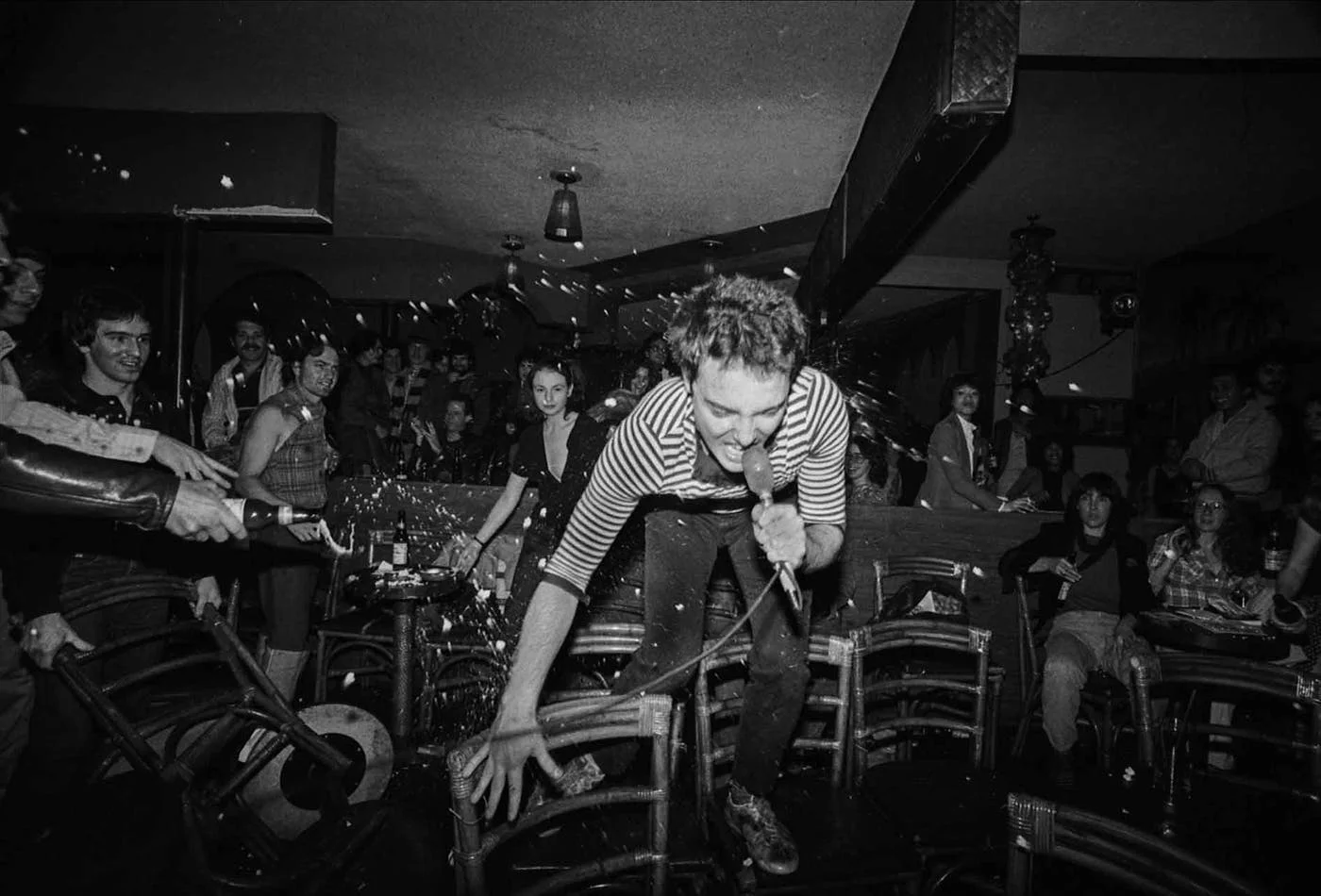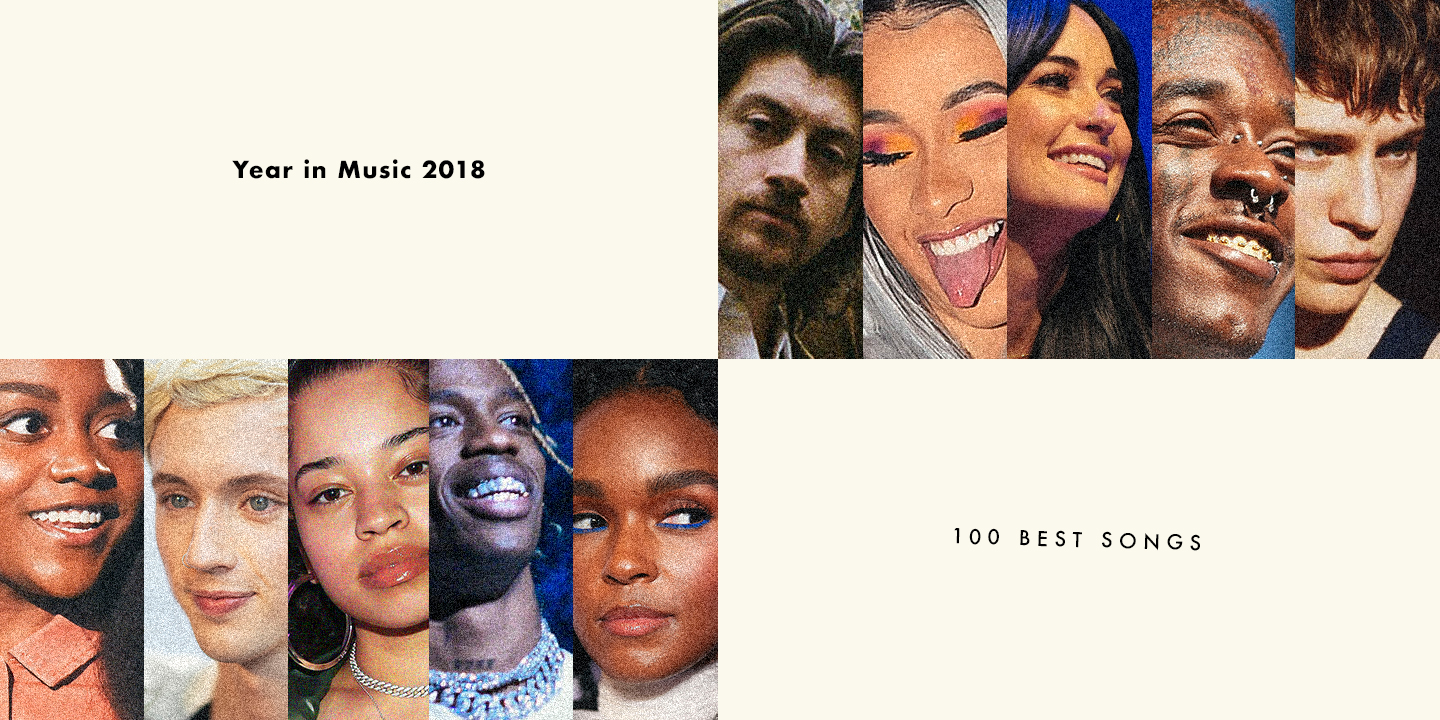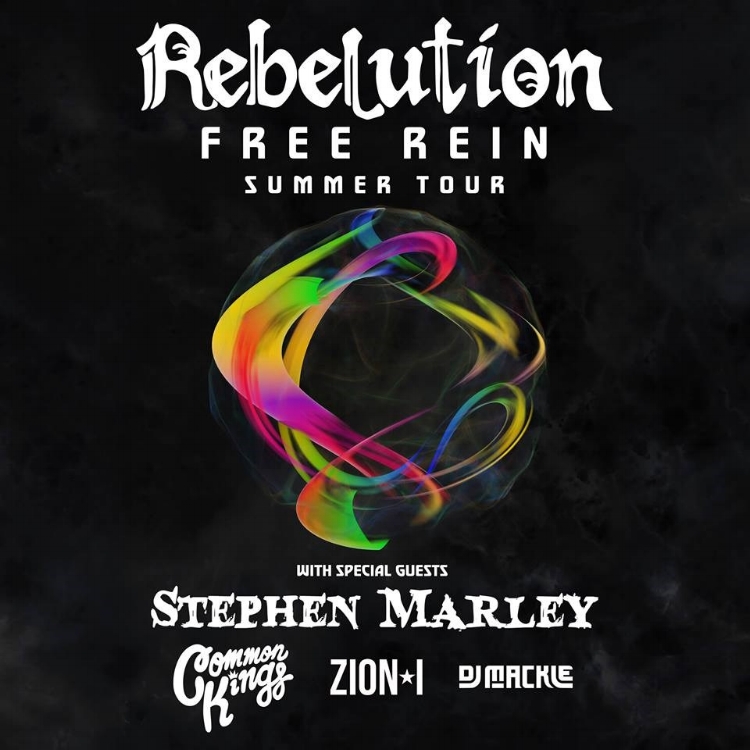You may think that being a music star is even easier than it used to be. What with self-promotion, and less of a need to get signed by a label. However, the biz is still a tricky mistress to master. That is, making it big in music requires luck, hard work, and a clear plan. Happily, you'll find the latter below. The other two, however, you'll have to provide for yourself!
Hone your craft
Skill and talent are based on a foundation of passion. The more obsessive you are over the genres of music you love, the better. The reason being that you will always be motivated and passionate to listen to new work or refresh your memory of the classics.
Once you have lit this fire of passion, you can then start to apply it to your own musical skills and performance. There is plenty of grind to be done here, don't be mistaken. However, if you put in the hours, practice your scales, and stay motivated, you will begin to see excellence emerge.
Produce your own music
One of the best things about the current music scene is that it is no longer the corporate labels domain with their massive recording studios. In fact, with the right software and hardware, you can make professional-level recording anywhere you like, from your bedroom to your garage to outside in the park.
Additionally, by learning to produce your own music, you can gain several benefits. The first is that you will have maximum creative control on how your tracks end up. While the second is that by learning the skill of reducing, you will make yourself a much more valuable artist - one that has several strings to their bow.
Get your music out there
The democratization of music distribution is excellent news for those looking to make it big in the music business. Just as you no longer have to rely on big labels to create your product, you also don't have to use them to get your music in front of people who will pay for it.
In particular, look out for music streaming services such as Spotify, Amazon Music, Deezer, and SoundCloud. All of which are excellent platforms that allow you to get your work in front of millions of people.
Rock your social media
While it's vital that you display your music on the right distribution platform, choosing the correct social media platform is also essential. Your marketing will likely be done mainly via social media, which means you need to create content that engages and impresses your audience.
Of course, this content's backbone will be audio and video performances that you can upload to your social media accounts. Something that will show everybody exactly what your music is about.
Fortunately, it's not hard to record your own live performances that will get you plenty of hits on Youtube, Facebook, or Instagram. You can even use additional equipment like effects pedals and drum machines to improve your performance.
Happily, you can get the lowdown on the best drum machine to buy for recording and performance by clicking the link. Be sure to look for one that sounds as authentic as possible for the best result.
Additionally, remember that while your social media accounts may focus on your music, that is not the only thing you can post about. Instead, remember to provide information about yourself. Therefore giving your fans the chance to really get to know the real you can be very successful.
Of course, you have to make sure you do this in a balanced way. After all, you won't want to post too many personal details online, because your privacy could be at risk!
Bend don't break
Finally, when it comes to making it big in the music business, do not get downhearted if your first attempt falls flat on its face! Music is a tough nut to crack professionally, and it may take you a few goes. Each time picking yourself up and assigning what you are good at before trying again.
Essentially what i'm saying here is bend, don't break. That is, if one attempt fails, try a different one, and see if that is the niche that will be successful for you.
Don't forget that sometimes musical success is less about your talent and more about the current zeitgeist. That is, sometimes, you need to be lucky in being at the right place at the right time if you want to be propelled into musical stardom.

















